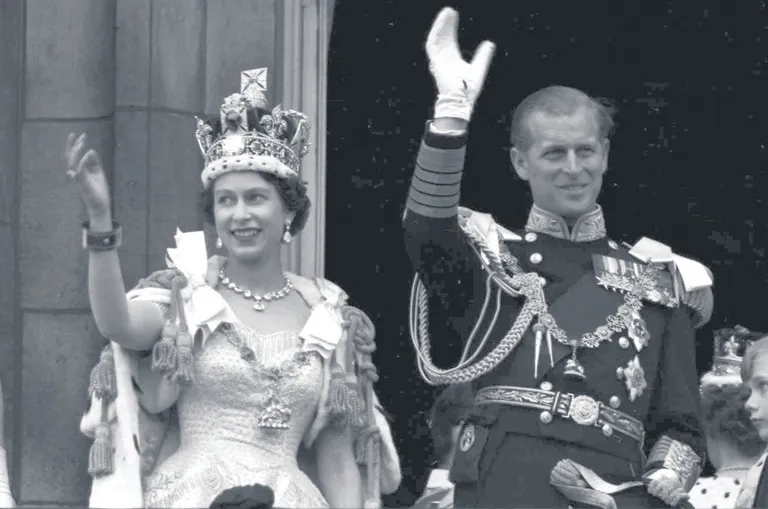Bishop Nazir-Ali thinks through what the next monarch should commit to do
The Queen remains in robust health but, inevitably, as she gets older there is speculation about the form and content of the next Coronation service, when it is needed.
We should not forget that the service is, perhaps, the oldest ritual in the country. Its history goes back to before the Norman Conquest and it has influenced significantly the development of similar rites in other parts of Europe.



